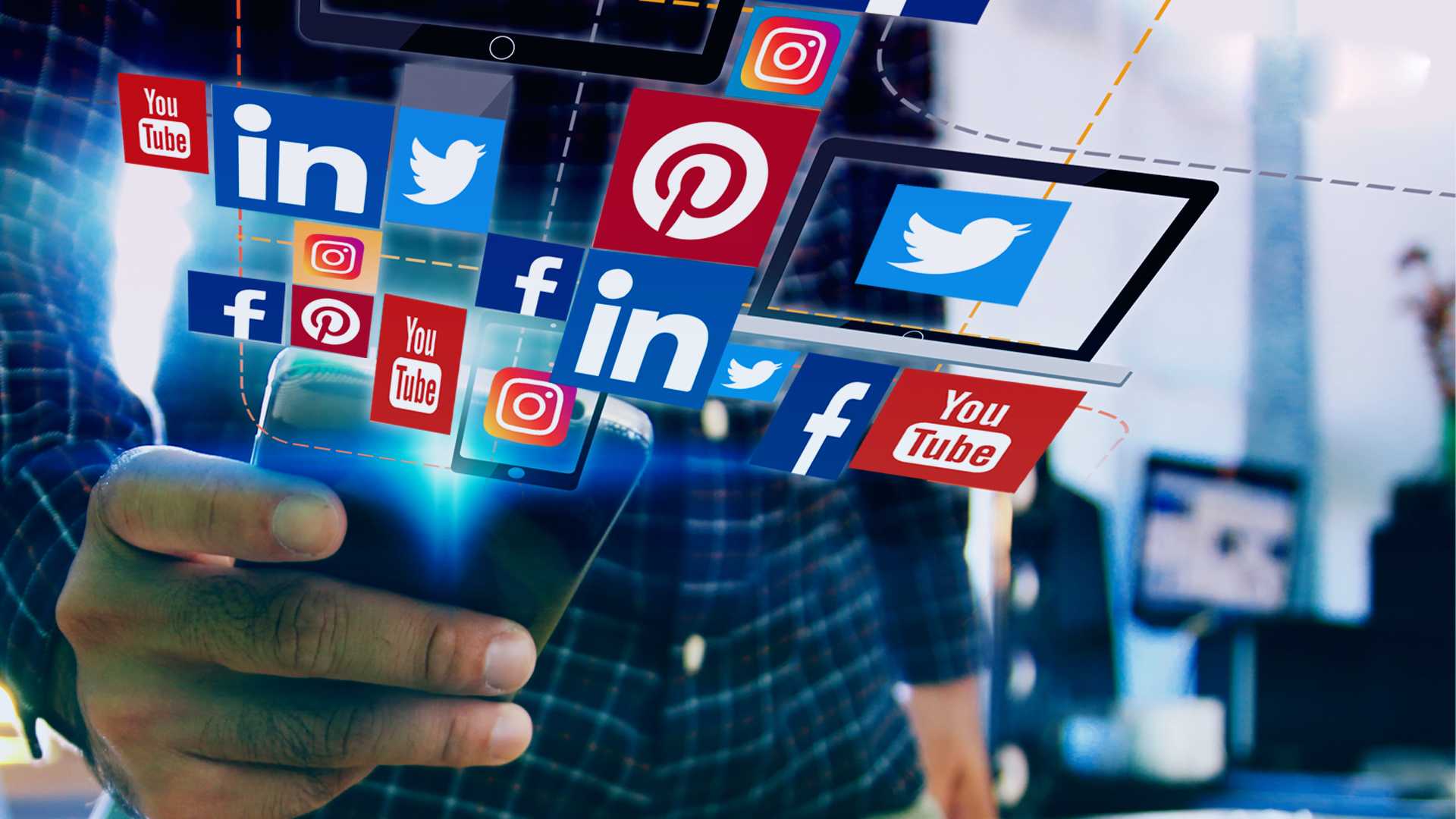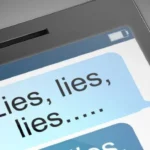The media was conceived as a marketplace of ideas and opinions. Media owners could be considered as owning the business in the public trust, and professionals in the media space are the conscience of society. Balancing the bottom line might be enough determinant of other companies’ success. But for the press, the ability to yield the platform for all the shades of opinion to canvass their positions freely, at least within the confines of the law, is an additional criterion.
Arguably though, the press is the only profession whose responsibility was succinctly captured in the constitution of most democracies. Specifically, Section 22 of the 1999 Constitution of the Federal Republic of Nigeria as amended specifies, “The press, radio, television and other agencies of the mass media shall always be free to uphold the fundamental objectives contained in this Chapter and uphold the responsibility and accountability of the Government to the people.”
A free press is central to democratic ideals, good governance and the exercise of fundamental human rights recognised by most democracies, especially the freedom of expression and the press.
Advancement in communication technologies has assisted the media with the performance of its role as the platform for the expression of individual opinions and ideas. No time other than now has the press better facilitated free speech, especially with the new or social media.
- Immigration promotes 7000 personnel, redeploys 12 comptrollers
- Bayelsa dep gov hosts banquet for Muslims
Information is not only freely disseminated but almost at a breakneck speed. The phenomenon of media convergence is equally blurring some of the distinguishing features among various platforms or channels. For instance, the online version of print media is now accompanied by audio and video clips.
Major print media outfits have a podcast version of the news published. And Twitter or other microblogging accounts of print media allow interactions between the publisher and the audience and vice versa; broadcast and print media provide a live stream of events.
Another feature of the changes in how we communicate in the 21st century is the proliferation of media ownership. Establishing a media house up till early 2000 could cost a fortune. Founding a television station or full-blown print media outfit could hardly be accomplished without a bank loan but for the super-rich. Advancement in information and communication technology has changed that narrative.
Now one may only require his Android or iPhone mobile phone with suitable pixels for photography, good storage capacity and an internet subscription to be a publisher. Many journalists are retiring to floating their online publications, while many smart and younger ones start theirs after college degrees. WhatsApp technology has further facilitated the dissemination of media information and aided the development of citizen journalism.
The beauty of the plural press this has brought about is that it is no longer easy to repress or gag the press. Recalling the media space with government ownership with a few private owners in Nigeria, the success of a military coup was tied to an announcement on the Radio Nigeria Headquarters, Ikoyi. These days that would only be wishful thinking.
Notwithstanding the benefits of plural press these developments have brought, essential ethical considerations in journalism practice are being sacrificed with reckless abandon, mainly as everyone competes to be the first with the news. But of greater significance is that our humanity is being forfeited.
For instance, it is commonplace for people around an accident location to be interested in video recording the scene rather than assisting a dying victim to the hospital or administering first aid. Observations of ethical considerations such as objectivity, fairness, and balance taught in journalism school are now meant for the Marines. Individuals’ rights to their privacy are violated at will.
Privacy is one of a person’s inalienable and fundamental human rights. Specifically, Article 12 of 1948 of the Universal Declaration of Human Rights states, “No one shall be subjected to arbitrary interference with his privacy, family, home or correspondence, nor to attacks upon his honour and reputation. Everyone has the right to the protection of the law against such interference or attacks.”
The Universal Declaration further stipulates that no one would be subjected to arbitrary or unlawful interference with his privacy, family, home or correspondence, nor illegal attacks on his honour and reputation.
In Nigeria, Section 37 of the 1999 Constitution, as amended, guarantees the right to privacy. This is in addition to some international conventions and statutes that guarantee the right to privacy as one of the fundamental human rights.
Experts in media law have identified six components of the right to privacy: personal autonomy, limited access to self, confidentiality, management of personal information, and the right to individuality and relationship. All these elements of the right to privacy make no meaning with the way information is disseminated in our society today.
For instance, it is commonplace for bereaved parents to learn of their child’s death first from social media. At the same time, simple disagreements between couples become news items that could travel across continents within a split second.
Observers have argued that the value of privacy should be considered first by its importance to society beyond what it means to an individual. This submission implies that the right to privacy does not have a universal value applicable to all contexts or instances. Instead, the value of privacy in a particular context depends upon the social importance of the activities it facilitates.
Specifically, it is commonplace for citizens to be interested in the health status of their elected officials on the justification that their hospital bills are on taxpayers’ money or the far-reaching implications on other state policy directions. Otherwise, an ordinary citizen is entitled to privacy concerning his health status.
But for the level of their political exposure or their desire to step out as political office holders, the health conditions of citizens Buhari or Tinubu would not have been anybody’s concern, except for the members of their immediate families and well-wishers. To make a media headline about their health status would amount to invading their privacy.
Similarly, the sensibilities of an individual who lost a loved one are better respected in most African traditions by informing them of such incidents through close relations and as dictated by their culture. But that is no longer the case with our situation today.
For instance, Yoruba culture forbids the word death but transitions at the demise of an Oba. And it would have been unimaginable for the uninitiated to behold the body of a late Oba. Notwithstanding the age-long tradition and the wish of the late Oba Lamidi Adeyemi, the immediate past Alaafin of Oyo – Iku baba yeye, alase ekeji orisa (the death, the paternal and therefore the maternal and next in command only to gods) had his coffin displayed in the social media – what an abomination!
Relatedly, disagreements between couples are better managed under their roof, except when the difference becomes irreconcilable before it should be an object of public debate. The institution of marriage is better preserved that way. But that was before the advent of the social media.
My Lord Justice Baron Parker (May 28, 1900 – September 15, 1972), the Chief Justice of England from 1958 to 1971, had submitted in one of his landmark judicial pronouncements, ‘Doesn’t a man have the right to pass through this world, if he will, without his picture published, his business enterprises discussed, or eccentricities commented upon whether in handbills, periodicals, newspaper or other media.’
The ubiquitous social media was not factored into the horizon when Justice Parker made this prophetic assertion, which still resonates with us many decades later.
Our situation requires considering if we are helpless with social media invasion. And it does appear that we are, but it is not hopeless. That is because any attempt by the government to tame this growing tendency would ironically amount to abridging individuals’ fundamental human rights.
Taming the unbridled trampling on media ethics may be considered an unpopular decision, at least not by the government. For instance, the proposed bill by the immediate administration of President Muhammadu Buhari to regulate the internet space was unpopular and resisted by the members of civil society organisations.
However, it is not a hopeless situation because professional bodies in the media space – especially the Nigeria Union of Journalists or the Guild of Editors – may be able to do a better job of this. They would have to double their efforts at enforcing good ethical conduct among members.
Additionally, communication education and ethics would have to be included in the secondary school curriculum to create that early awareness in individuals on basic communication ethics beyond breaking the news.
Ethical consideration of fairness, truth, objectivity and respect for others’ feelings, and even tradition should be taught early enough in our educational curriculum. This appears to be a way out.
The authors can be reached via [email protected], LinkedIn.com/in/michaelfaloseyi, @mfalosh

 Join Daily Trust WhatsApp Community For Quick Access To News and Happenings Around You.
Join Daily Trust WhatsApp Community For Quick Access To News and Happenings Around You.

